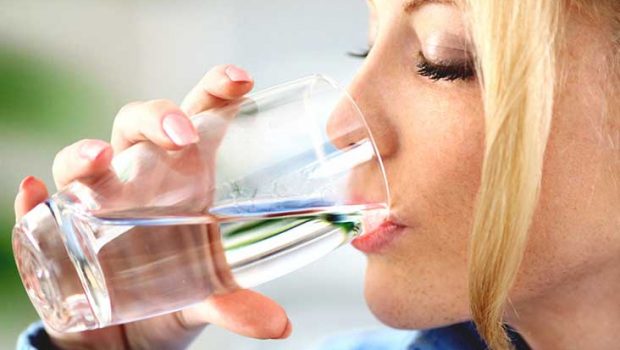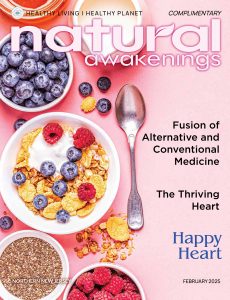Kidney Stones are Preventable
by Doug Pucci
Anyone who’s had a kidney stone knows how severe the pain can be—it’s said to be one of the most unforgettably excruciating pains a person can experience. Made up of salts and minerals, these hard deposits affect an estimated one in 10 people in the U.S., sending over half a million people to the emergency room each year, according to the National Kidney Foundation.
Kidney stones can range in size from a fraction of an inch to a few inches large, and are formed in the kidney, but may move to the ureter via the urinary tract. They can sometimes be eliminated through the urine stream, but if they’re too large or become lodged, they may require surgery or laser lithotripsy, which breaks the stone down into smaller, passable pieces.
A kidney stone can be a sign of other health problems, and lodged stones can cause complications, including kidney damage. Other long-term problems can also arise; for example, the chance of forming more stones within the next five to seven years are 50 percent higher, and there is an increased risk of developing chronic kidney disease.
There are several factors that create higher risk of developing kidney stones, including:
- not drinking enough water
- obesity
- a diet with too much sodium
- too much processed sugar and, especially, high-fructose corn syrup
- lack of or low amount of calcium in the diet
- too few vegetables and fruits in the diet
- acidic urine
- too much or too little exercise
- certain health conditions such as diabetes, urinary tract infections, hyperparathyroidism, Crohn’s disease and high blood pressure
While some kidney stones are so small they pass without incident, the majority have warning symptoms that should be heeded immediately. Schedule an appointment with a doctor immediately, as ignoring these can result in a trip to the emergency room. These symptoms include:
- blood in the urine and/or pain during urination
- pain in the lower back, possibly severe
- changes in blood pressure
- fainting, nausea or vomiting
- cloudy or smelly urine
- unrelenting stomach ache or pain
- history of kidney stones
Prevention is the best cure, and the good news is that there are a number of dietary changes to make that will help prevent kidney stones. Staying well-hydrated and alkalized is most important, but it’s also important to choose the right type of hydration—water is the best choice. Take it a step further and squeeze some lemon into the water, which will help neutralize and lower uric acid levels, one of the underlying causes of kidney stones. Stay away from liquids like energy drinks, soft drinks, body building drinks, enhanced waters and such, which do more harm than good.
Our bodies can become acidic from environmental toxins, medications, stress, high sugar intake, processed foods and more. Alkalizing will not only help to prevent urine from becoming acidic, it will also benefit overall health in other ways. Neutralizing pH levels by improving the acid-alkaline balance will help boost immune system health, improve brain and heart function, lower inflammation and much more. Some steps to take include starting the day with a glass of lemon-water, minimizing or managing stress, minimizing sugars and eliminating processed foods, and adding alkalizing foods such as almonds, lemon, leafy green vegetables, cucumbers, pink grapefruit, cantaloupe, cabbage and others. Organic is always the best choice; check with a functional medicine doctor to check for sensitivities or contraindications to certain foods.
A good magnesium supplement—especially for anyone taking calcium for osteoporosis—can help prevent kidney stones by dissolving calcium and binding oxalates, which helps to prevent calcium oxalate crystals from forming. Vitamin B6 and certain probiotics can also help to reduce oxalate acid. Again, work with a functional medicine doctor to determine the best way to lower the risk of kidney stones and help to eliminate or minimize underlying causes that can lead to stones and other kidney problems.
Dr. Doug Pucci, DC, FAAIM, regularly offers promotions featuring the latest science and clinical data on neurotoxic illness and chronic disease. He provides nutrition, comprehensive testing for health biomarkers, toxicology, and brain/body well-being. For more information, call 201-261-5430 or visit GetWell-Now.com.




























